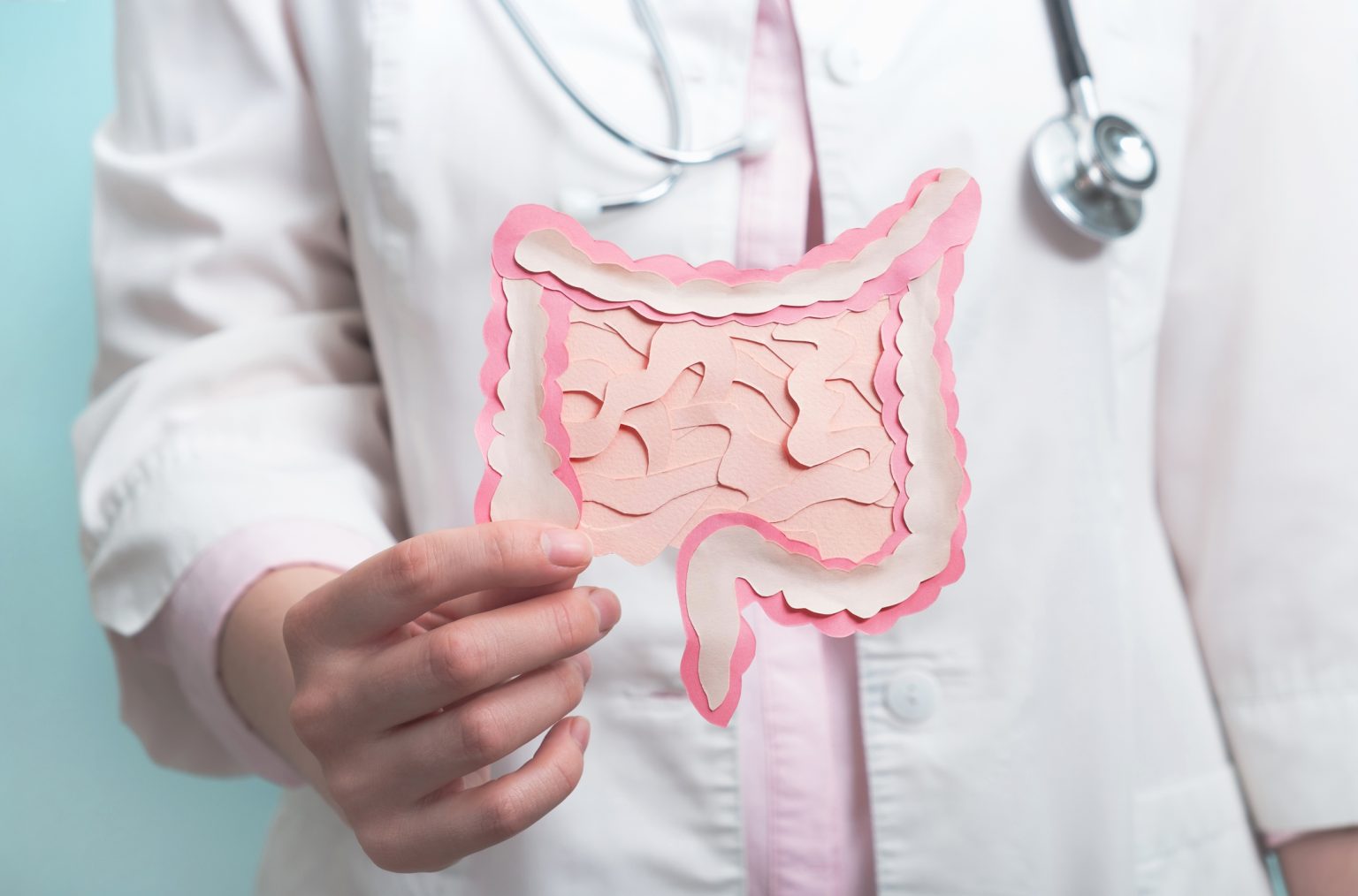Researchers have discovered a potential treatment for Parkinson’s disease through a study conducted at Ghent University Hospital in Belgium. Parkinson’s is a neurodegenerative disorder that affects millions of people worldwide, with symptoms that worsen over time. The disease is linked to clumps of abnormally folded proteins that damage nerve cells in the brain. These clumps are believed to form in the gut before spreading to the brain through the vagus nerve. While there is currently no cure for Parkinson’s, treatments and surgeries exist to manage symptoms.
In the study, healthy donors provided stool samples to early-stage Parkinson’s patients, resulting in significant improvements in motor symptoms after 12 months. The participants who received the healthy donor stool transplants showed promising results, with symptoms improving more noticeably between the sixth and twelfth months after the initial transplantation. These findings suggest the potential for long-lasting effects of this treatment. Additional research is necessary to determine if this intervention can halt the progression of Parkinson’s disease, but the results offer hope for future treatment options.
It has been observed in previous studies that individuals with Parkinson’s often have an altered gut microbiome compared to healthy individuals. The researchers at Ghent University sought to modify these gut microbiomes by introducing healthy donor stool. This approach aimed to align the gut microbiomes of Parkinson’s patients more closely with those of healthy individuals. The study’s results showed encouraging improvements in motor symptoms, indicating that fecal microbial transplantation may be a valuable new treatment option for Parkinson’s.
The study’s authors highlight the need for additional research to identify the specific bacterial species responsible for the positive outcomes observed in the patients who received the stool transplants. Future investigations could lead to the development of a targeted therapy, such as a bacterial pill, that could mimic the effects of fecal microbial transplantation without the need for stool samples. This approach may offer a safe, effective, and cost-effective way to enhance symptoms and quality of life for individuals with Parkinson’s disease worldwide. While the concept of a stool transplant may initially cause unease, isolating the beneficial bacterial species could offer a more palatable alternative for patients.
Overall, the groundbreaking findings from the study at Ghent University Hospital suggest that gut microbiome modifications could hold the key to future treatments for Parkinson’s disease. By restoring balance to the gut microbiota through interventions like fecal microbial transplantation, researchers may be able to alleviate symptoms and potentially slow down the progression of the condition. With further research and funding, the development of targeted bacterial therapies could offer a promising alternative to traditional treatments for Parkinson’s, offering hope for improved outcomes and quality of life for those affected by the disease.


